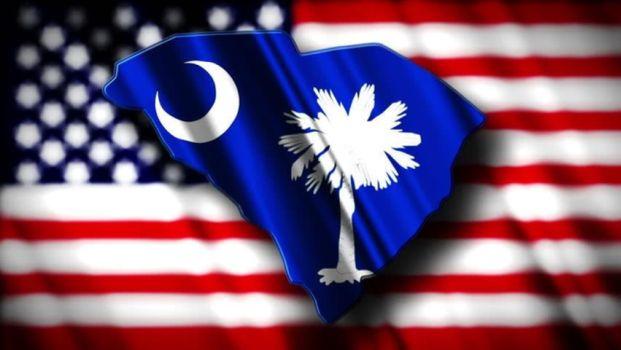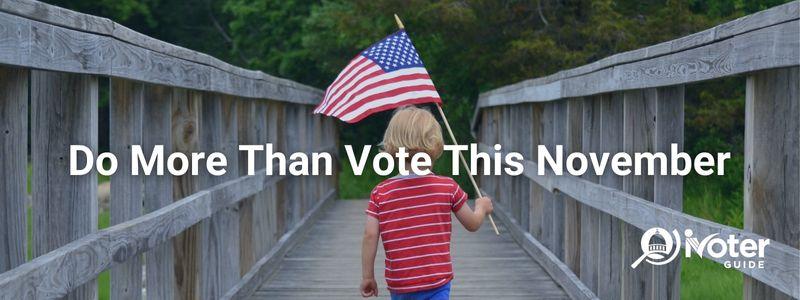#ThisDayInHistory - 1863 - The U.S. Gets It's Nickname - "Uncle Sam"
Since the early 19th century, Uncle Sam has been a popular symbol of the U.S. government in American culture and a manifestation of patriotic emotion.
The name is linked to Samuel Wilson, a meat packer from Troy, New York, who supplied barrels of beef to the United States Army during the War of 1812. Wilson (1766-1854) stamped the barrels with “U.S.” for United States, but soldiers began referring to the grub as “Uncle Sam’s.”
The local newspaper picked up on the story and Uncle Sam eventually gained widespread acceptance as the nickname for—and personification of—the U.S. federal government.
While the figure of Uncle Sam specifically represents the government, the female figure of Columbia represents the United States as a nation. An archaic character, Brother Jonathan, was known to represent the American populace.
In 1835, Brother Jonathan made a reference to Uncle Sam, implying that they symbolized different things: Brother Jonathan was the country itself, while Uncle Sam was the government and its power.
An 1893 article in The Lutheran Witness claims Uncle Sam was simply another name for Brother Jonathan:
When we meet him in politics we call him Uncle Sam; when we meet him in society we call him Brother Jonathan. Here of late Uncle Sam alias Brother Jonathan has been doing a powerful lot of complaining, hardly doing anything else.
Uncle Sam did not get a standard appearance, even with the effective abandonment of Brother Jonathan near the end of the American Civil War, until the well-known recruitment image of Uncle Sam was first created by James Montgomery Flagg during World War I.
This Day In History is a reader-supported publication. To receive new posts and support our work, consider becoming a free or paid subscriber.
The image of Uncle Sam was inspired by a British recruitment poster, showing British Lord Kitchener. It is this image more than any other that has influenced the modern appearance of Uncle Sam: an elderly white man with white hair and a goatee, wearing a white top hat with white stars on a blue band, a blue tail coat, and red-and-white-striped trousers.
Flagg's image was also used extensively during World War II, during which the US was codenamed "Samland" by the German intelligence agency Abwehr. The term was central in the song "The Yankee Doodle Boy", which was featured in 1942 in the musical Yankee Doodle Dandy.
There are two memorials to Uncle Sam, both of which commemorate the life of Samuel Wilson: the Uncle Sam Memorial Statue in Arlington, Massachusetts, his birthplace; and a memorial near his long-term residence in Riverfront Park, Troy, New York. Wilson's boyhood home can still be visited in Mason, New Hampshire. Samuel Wilson died on July 31, 1854, aged 87, and is buried in Oakwood Cemetery, Troy, New York.
Since the early 19th century, Uncle Sam has been a popular symbol of the U.S. government in American culture and a manifestation of patriotic emotion.
The name is linked to Samuel Wilson, a meat packer from Troy, New York, who supplied barrels of beef to the United States Army during the War of 1812. Wilson (1766-1854) stamped the barrels with “U.S.” for United States, but soldiers began referring to the grub as “Uncle Sam’s.”
The local newspaper picked up on the story and Uncle Sam eventually gained widespread acceptance as the nickname for—and personification of—the U.S. federal government.
While the figure of Uncle Sam specifically represents the government, the female figure of Columbia represents the United States as a nation. An archaic character, Brother Jonathan, was known to represent the American populace.
In 1835, Brother Jonathan made a reference to Uncle Sam, implying that they symbolized different things: Brother Jonathan was the country itself, while Uncle Sam was the government and its power.
An 1893 article in The Lutheran Witness claims Uncle Sam was simply another name for Brother Jonathan:
When we meet him in politics we call him Uncle Sam; when we meet him in society we call him Brother Jonathan. Here of late Uncle Sam alias Brother Jonathan has been doing a powerful lot of complaining, hardly doing anything else.
Uncle Sam did not get a standard appearance, even with the effective abandonment of Brother Jonathan near the end of the American Civil War, until the well-known recruitment image of Uncle Sam was first created by James Montgomery Flagg during World War I.
This Day In History is a reader-supported publication. To receive new posts and support our work, consider becoming a free or paid subscriber.
The image of Uncle Sam was inspired by a British recruitment poster, showing British Lord Kitchener. It is this image more than any other that has influenced the modern appearance of Uncle Sam: an elderly white man with white hair and a goatee, wearing a white top hat with white stars on a blue band, a blue tail coat, and red-and-white-striped trousers.
Flagg's image was also used extensively during World War II, during which the US was codenamed "Samland" by the German intelligence agency Abwehr. The term was central in the song "The Yankee Doodle Boy", which was featured in 1942 in the musical Yankee Doodle Dandy.
There are two memorials to Uncle Sam, both of which commemorate the life of Samuel Wilson: the Uncle Sam Memorial Statue in Arlington, Massachusetts, his birthplace; and a memorial near his long-term residence in Riverfront Park, Troy, New York. Wilson's boyhood home can still be visited in Mason, New Hampshire. Samuel Wilson died on July 31, 1854, aged 87, and is buried in Oakwood Cemetery, Troy, New York.
#ThisDayInHistory - 1863 - The U.S. Gets It's Nickname - "Uncle Sam"
Since the early 19th century, Uncle Sam has been a popular symbol of the U.S. government in American culture and a manifestation of patriotic emotion.
The name is linked to Samuel Wilson, a meat packer from Troy, New York, who supplied barrels of beef to the United States Army during the War of 1812. Wilson (1766-1854) stamped the barrels with “U.S.” for United States, but soldiers began referring to the grub as “Uncle Sam’s.”
The local newspaper picked up on the story and Uncle Sam eventually gained widespread acceptance as the nickname for—and personification of—the U.S. federal government.
While the figure of Uncle Sam specifically represents the government, the female figure of Columbia represents the United States as a nation. An archaic character, Brother Jonathan, was known to represent the American populace.
In 1835, Brother Jonathan made a reference to Uncle Sam, implying that they symbolized different things: Brother Jonathan was the country itself, while Uncle Sam was the government and its power.
An 1893 article in The Lutheran Witness claims Uncle Sam was simply another name for Brother Jonathan:
When we meet him in politics we call him Uncle Sam; when we meet him in society we call him Brother Jonathan. Here of late Uncle Sam alias Brother Jonathan has been doing a powerful lot of complaining, hardly doing anything else.
Uncle Sam did not get a standard appearance, even with the effective abandonment of Brother Jonathan near the end of the American Civil War, until the well-known recruitment image of Uncle Sam was first created by James Montgomery Flagg during World War I.
This Day In History is a reader-supported publication. To receive new posts and support our work, consider becoming a free or paid subscriber.
The image of Uncle Sam was inspired by a British recruitment poster, showing British Lord Kitchener. It is this image more than any other that has influenced the modern appearance of Uncle Sam: an elderly white man with white hair and a goatee, wearing a white top hat with white stars on a blue band, a blue tail coat, and red-and-white-striped trousers.
Flagg's image was also used extensively during World War II, during which the US was codenamed "Samland" by the German intelligence agency Abwehr. The term was central in the song "The Yankee Doodle Boy", which was featured in 1942 in the musical Yankee Doodle Dandy.
There are two memorials to Uncle Sam, both of which commemorate the life of Samuel Wilson: the Uncle Sam Memorial Statue in Arlington, Massachusetts, his birthplace; and a memorial near his long-term residence in Riverfront Park, Troy, New York. Wilson's boyhood home can still be visited in Mason, New Hampshire. Samuel Wilson died on July 31, 1854, aged 87, and is buried in Oakwood Cemetery, Troy, New York.
0 Comments
0 Shares



